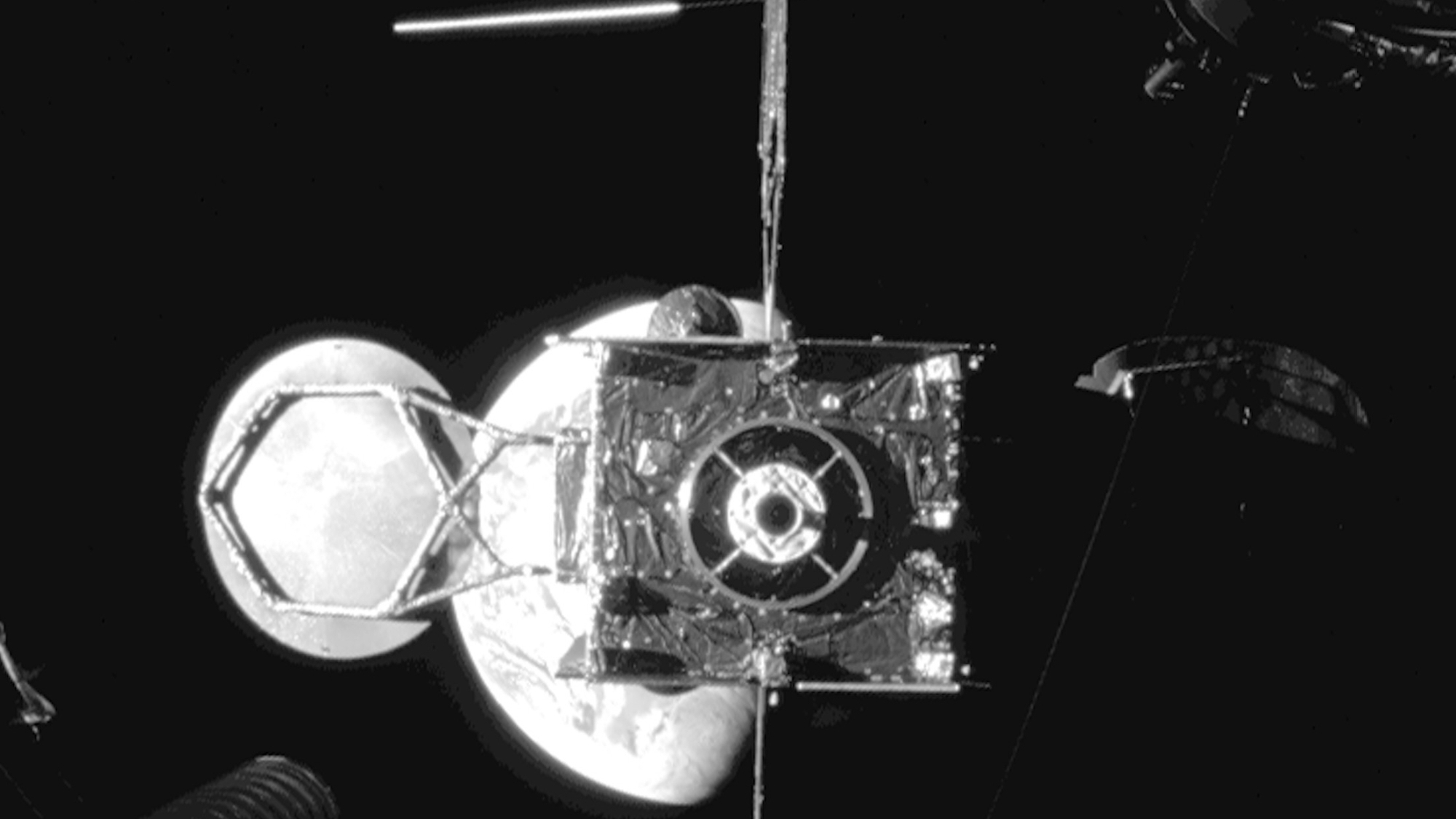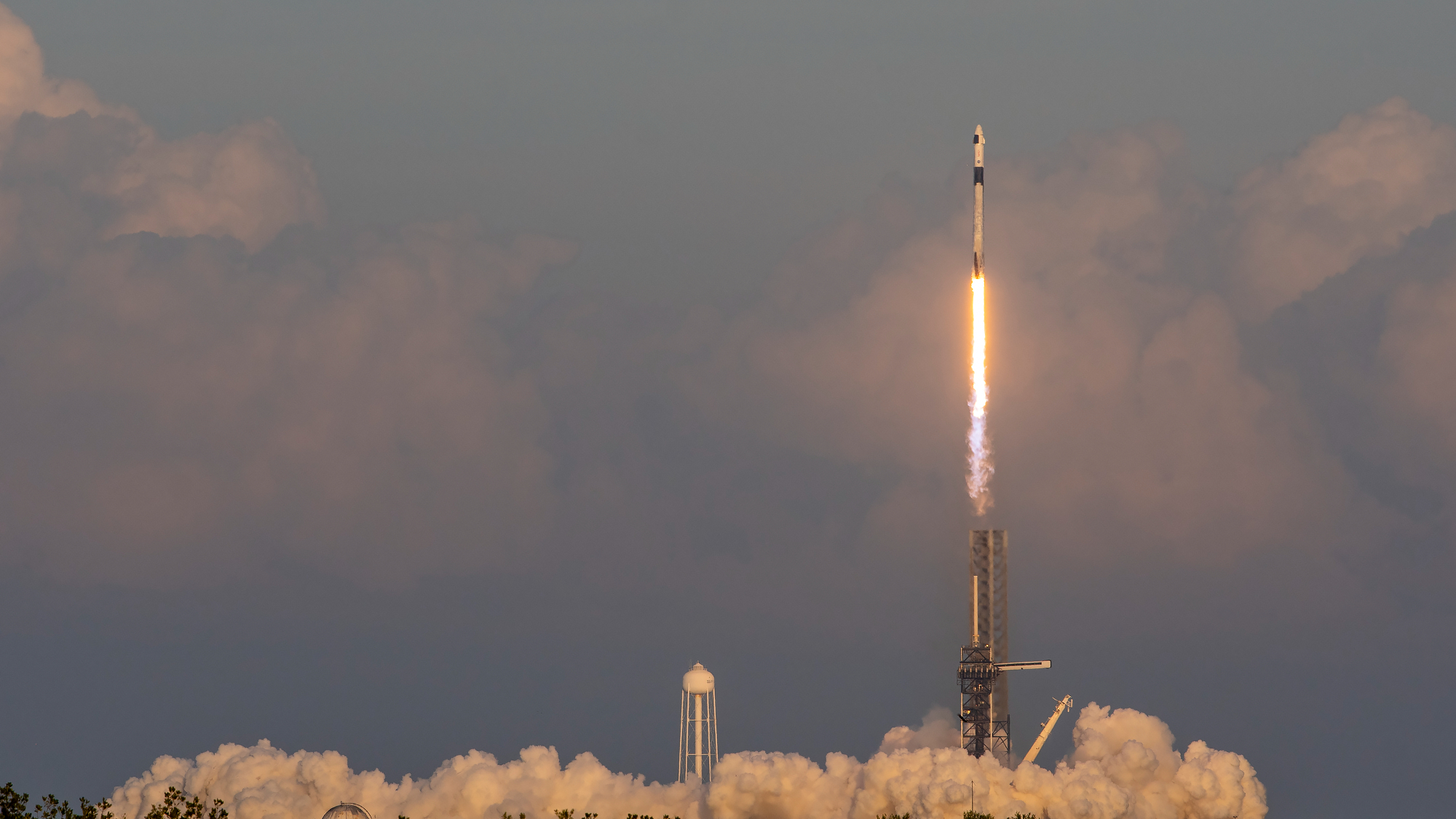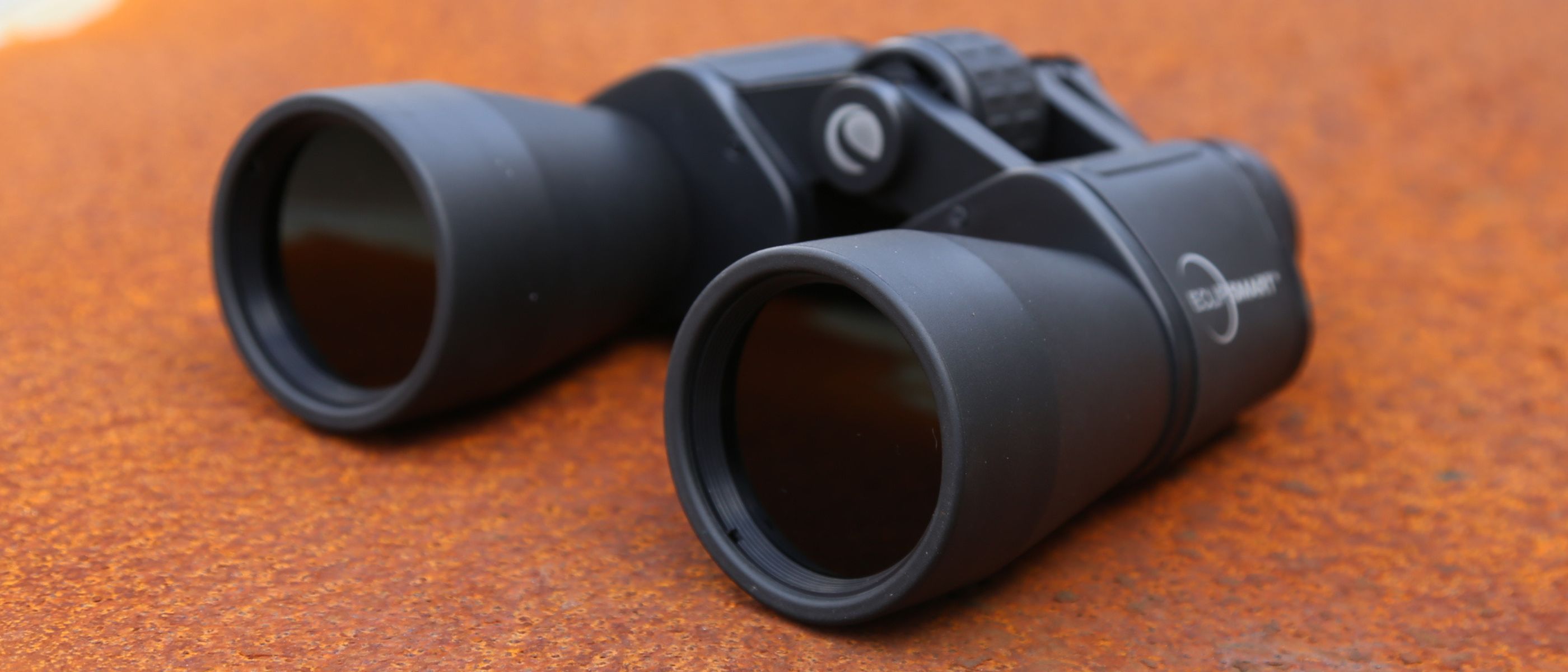SpaceX Gets Launch License for First Falcon Heavy Rocket Launch
WASHINGTON — The Federal Aviation Administration has issued a launch license for the inaugural launch of SpaceX's Falcon Heavy, scheduled for Feb. 6.
The license by the FAA's Office of Commercial Space Transportation, or AST, is dated Feb. 2 and covers only the first launch of the Falcon Heavy, the largest U.S. launch vehicle since the Saturn 5. A license is required for any commercial launch from the United States or by a U.S. company regardless of location.
The license describes the rocket's payload as a "modified Tesla Roadster (mass simulator)" that will be launched into a hyperbolic orbit with respect to the Earth. SpaceX Chief Executive Elon Musk said in December that the Roadster, an electric sports car, would be the payload, launched into a heliocentric orbit that will take it past Mars. The license does not describe the modifications to the car. [In Photos: SpaceX's 1st Falcon Heavy Rocket at the Pad]
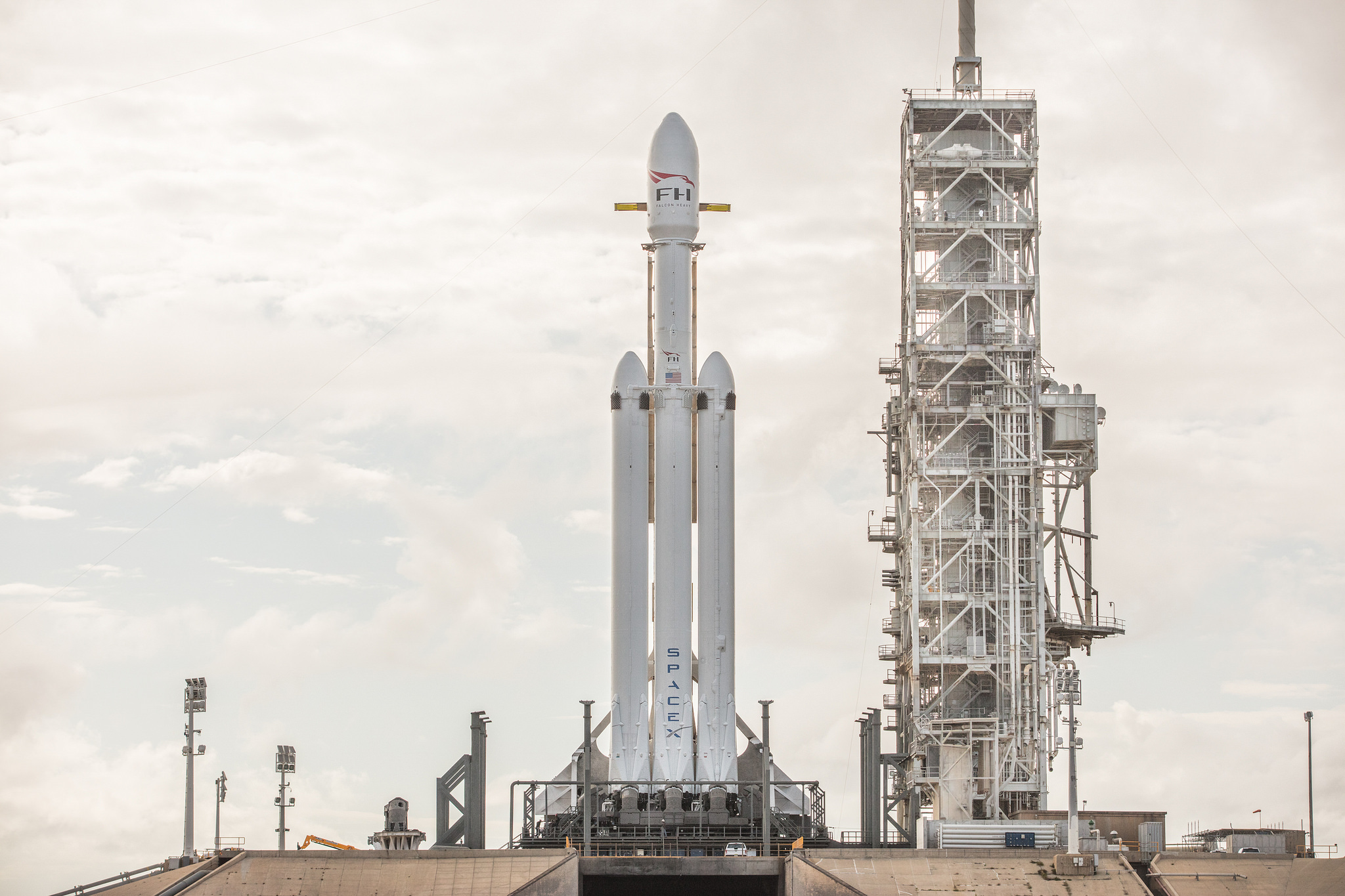
The license was the final regulatory hurdle to the upcoming launch. While there were no significant doubts that the company would obtain a license, the unusual nature of this launch, featuring the first launch of a vehicle and its nontraditional payload, likely attracted additional scrutiny.
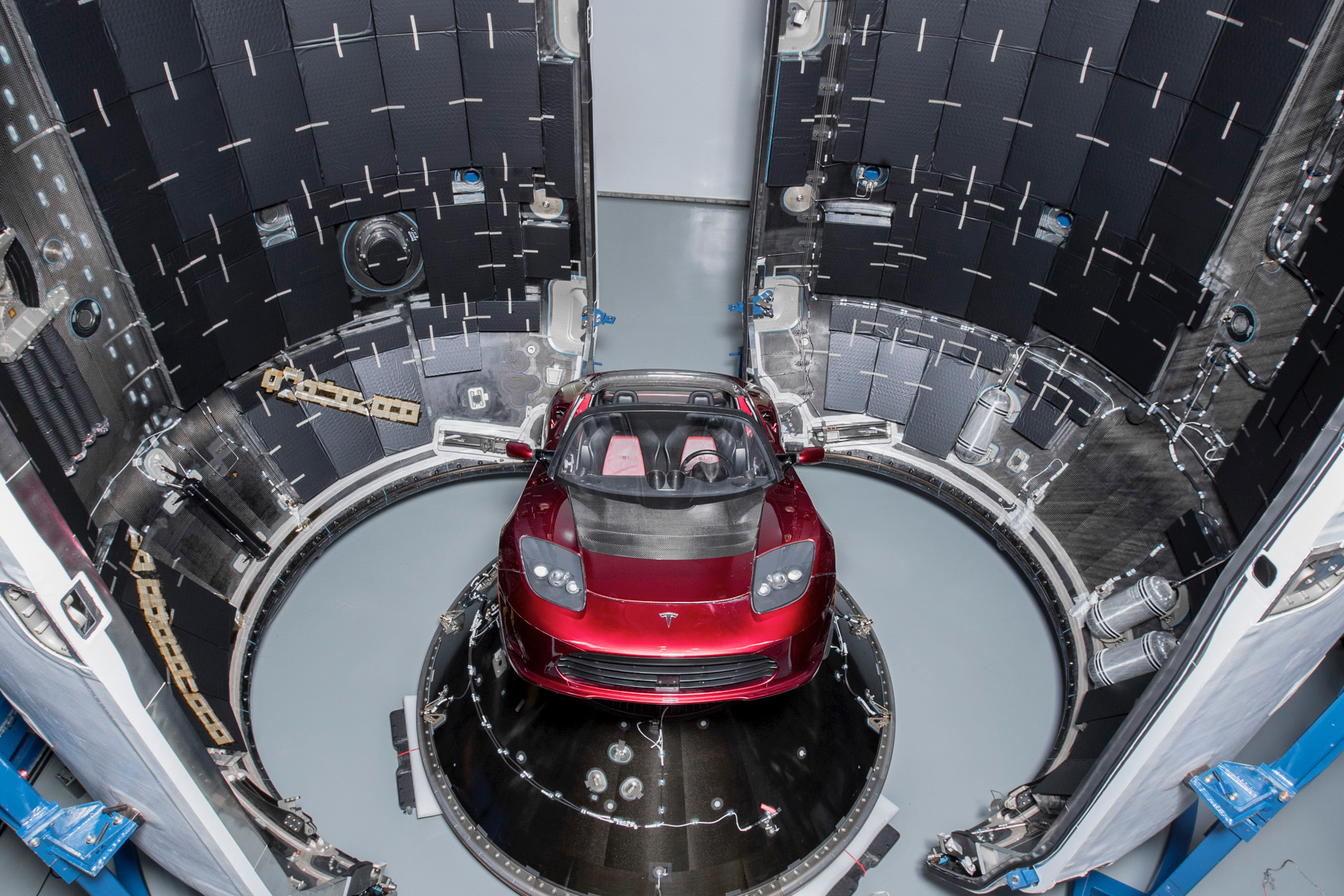
The Falcon Heavy’' power is reflected in the insurance requirements contained in the license. SpaceX is required to hold third-party liability insurance, or other means of financial responsibility, for $110 million in claims for the launch. By comparison, a license issued last year for Falcon 9 launches of geostationary orbit communications satellites, also flying from Launch Complex 39A and on the same azimuth, requires only $30 to 68 million in insurance.
The new license, though, makes few changes to government property insurance. Both it and the Falcon 9 license require $100 million in coverage for launches from the same pad, although the Falcon Heavy license increases the coverage for pre-flight operations from $63 million to $72 million.
Even before the launch license, other parts of the FAA were preparing for the launch. The agency issued temporary airspace restrictions Feb. 2 for the launch, covering airspace around the launch site and into the Atlantic Ocean, a standard procedure for any launch from the range.
Get the Space.com Newsletter
Breaking space news, the latest updates on rocket launches, skywatching events and more!
The U.S. Air Force's 45th Weather Squadron, at Patrick Air Force Base in Florida, issued its first weather forecast for the launch Feb. 2 as well. That forecast predicted an 80 percent chance of acceptable weather for the launch, scheduled for a three-hour window beginning at 1:30 p.m. Eastern. The probability decreases to 70 percent if the launch slips one day to Feb. 7.
This story was provided by SpaceNews, dedicated to covering all aspects of the space industry.
Join our Space Forums to keep talking space on the latest missions, night sky and more! And if you have a news tip, correction or comment, let us know at: community@space.com.

Jeff Foust is a Senior Staff Writer at SpaceNews, a space industry news magazine and website, where he writes about space policy, commercial spaceflight and other aerospace industry topics. Jeff has a Ph.D. in planetary sciences from the Massachusetts Institute of Technology and earned a bachelor's degree in geophysics and planetary science from the California Institute of Technology. You can see Jeff's latest projects by following him on Twitter.





